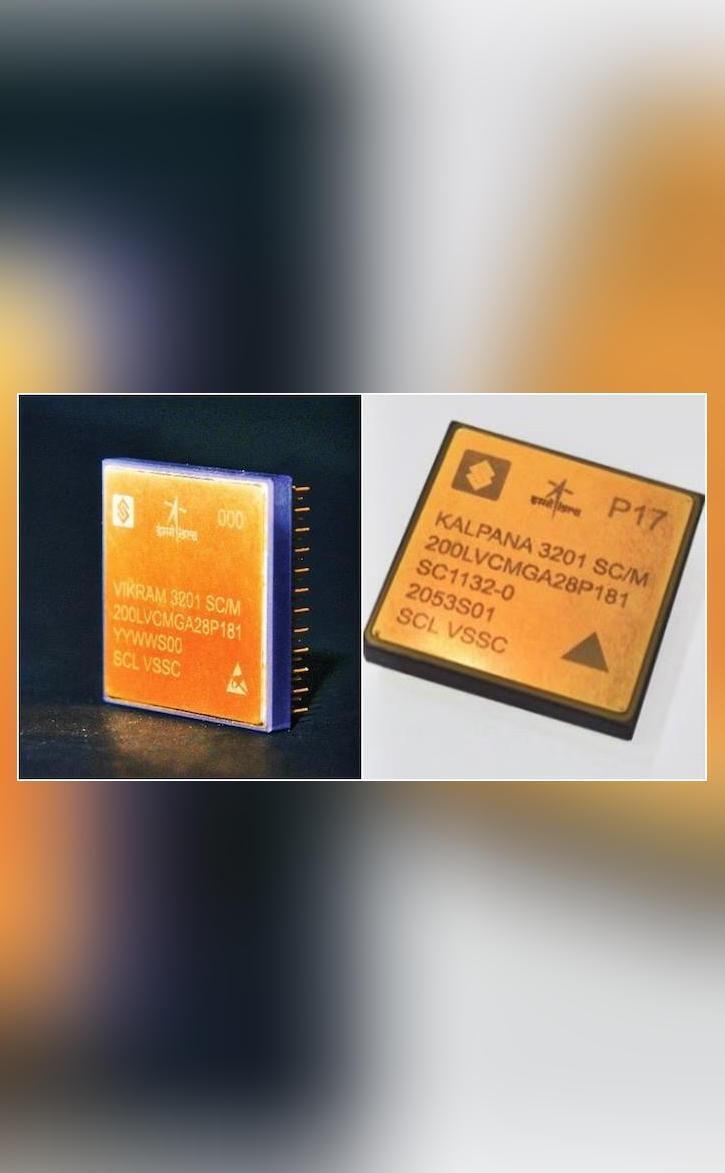
ISRO & SCL Develop 32-bit Microprocessors for Space Applications
The Indian Space Research Organisation (ISRO) and the Semiconductor Laboratory in Chandigarh have made a groundbreaking achievement in the field of space technology by developing two 32-bit microprocessors, VIKRAM3201 and KALPANA3201. These microprocessors are designed specifically for space applications, ensuring the reliability and efficiency required for such high-stakes missions.
VIKRAM3201, in particular, is notable for being the first fully “Make-in-India” 32-bit microprocessor to be qualified for use in the harsh environmental conditions of launch vehicles. This milestone marks a significant achievement for India in the field of space technology, as it showcases the country’s capabilities in developing high-quality, indigenous microprocessors for space applications.
The Need for Customized Microprocessors
Space missions require microprocessors that can withstand extreme temperatures, radiation, and vibrations. Traditional microprocessors may not be suitable for such harsh environments, which is why customized microprocessors are essential for space applications. The VIKRAM3201 and KALPANA3201 microprocessors have been designed specifically to meet the unique requirements of space missions.
The VIKRAM3201 microprocessor, for instance, has been designed to operate in temperatures ranging from -55°C to 125°C, making it an ideal choice for use in launch vehicles. The microprocessor has also been qualified for radiation tolerance, ensuring that it can withstand the intense radiation encountered during space travel.
Key Features of VIKRAM3201 and KALPANA3201
The VIKRAM3201 and KALPANA3201 microprocessors share several key features that make them suitable for space applications. Some of the key features include:
- 32-bit architecture: Both microprocessors have a 32-bit architecture, which allows them to handle large amounts of data and perform complex calculations quickly and efficiently.
- High-speed operation: The microprocessors have been designed to operate at high speeds, making them well-suited for use in applications where speed is critical.
- Low power consumption: The microprocessors have been designed to consume low power, making them ideal for use in space applications where power consumption is a significant concern.
- High-reliability: The microprocessors have been designed to ensure high reliability, with features such as built-in error correction and redundancy to ensure that data is transmitted accurately and efficiently.
Applications of VIKRAM3201 and KALPANA3201
The VIKRAM3201 and KALPANA3201 microprocessors have a wide range of applications in space technology. Some of the potential applications include:
- Launch vehicles: The microprocessors can be used in launch vehicles to control the vehicle’s systems and ensure a successful launch.
- Spacecraft: The microprocessors can be used in spacecraft to control the spacecraft’s systems and ensure efficient communication with Earth.
- Satellites: The microprocessors can be used in satellites to control the satellite’s systems and ensure efficient data transmission.
Conclusion
The development of the VIKRAM3201 and KALPANA3201 microprocessors by ISRO and SCL is a significant achievement for India in the field of space technology. The microprocessors have been designed specifically for space applications, ensuring the reliability and efficiency required for such high-stakes missions. The “Make-in-India” tag on the VIKRAM3201 microprocessor is a testament to India’s capabilities in developing high-quality, indigenous microprocessors for space applications.
As the space industry continues to evolve, the demand for customized microprocessors is likely to increase. The VIKRAM3201 and KALPANA3201 microprocessors are a testament to India’s ability to meet this demand, and they are likely to play a significant role in India’s future space missions.
Source:






